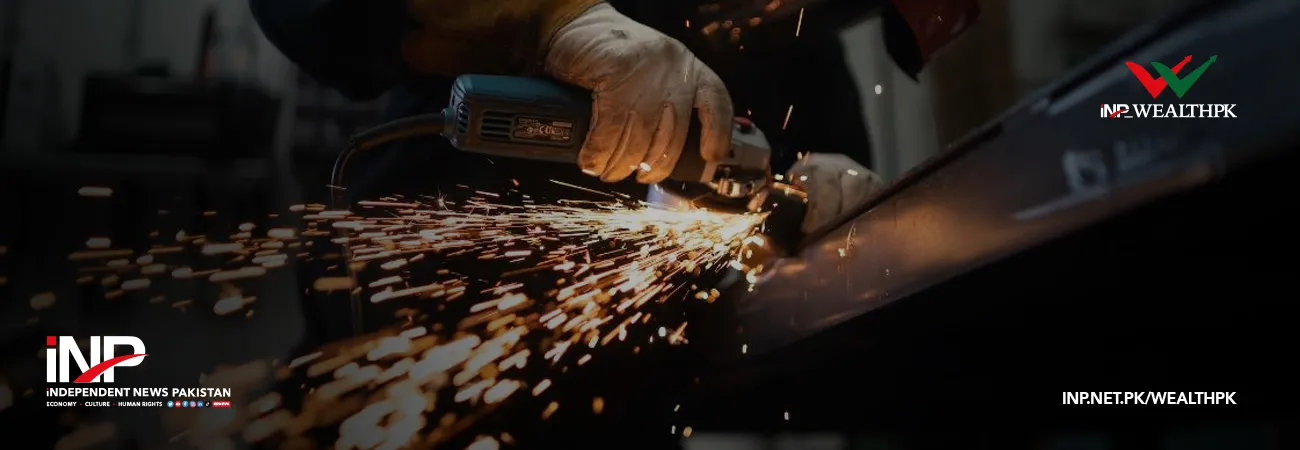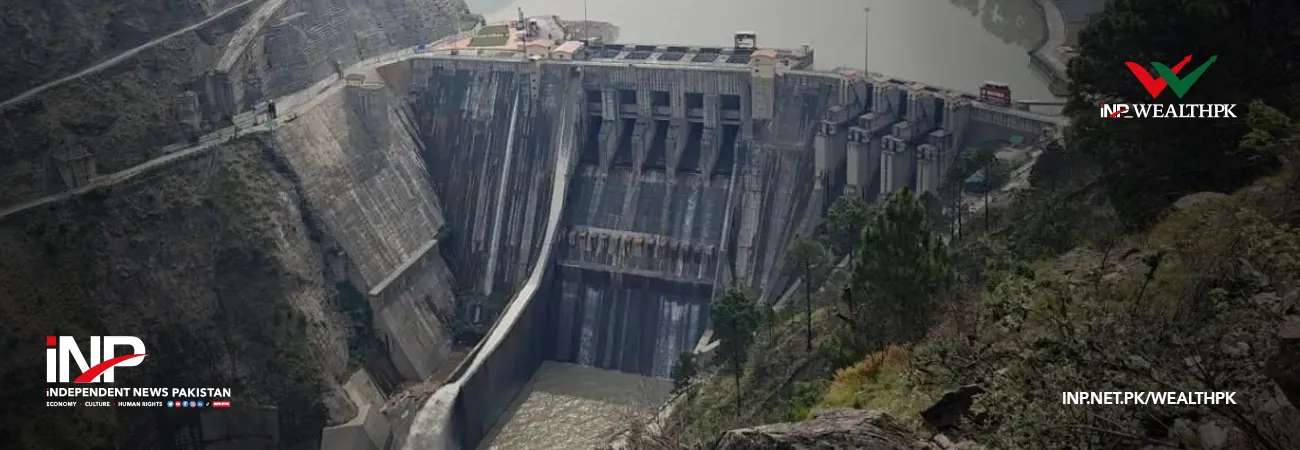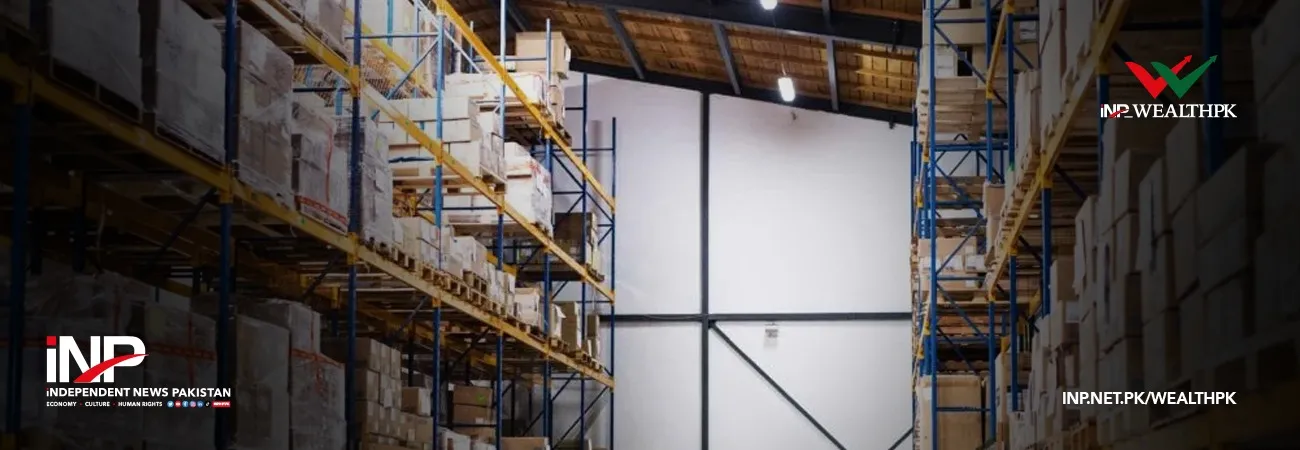INP-WealthPk
Muhammad Saleem
The metalworking industry is undergoing a sea change because of modern technology, and its production is increasing with each passing day.
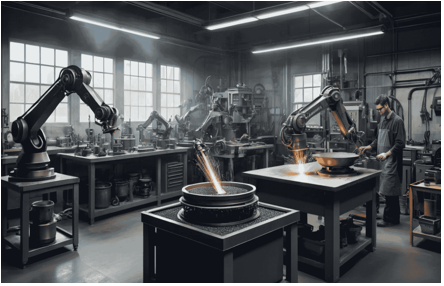
Jahangir Ali, owner of a steel workshop, told WealthPK that once they had to wait for days to craft the design of a steel gate according to the customers’ demand, but now the situation has changed altogether, as computer designs are sent to the customers for selection after which they are dispatched to the workshops. Such workshops craft the required designs with the help of modern machines in a matter of minutes. “Rapid transformation of the metal industry poses a serious threat to our livelihoods.
The policymakers need to launch training programs for those threatened by this transformation. This way, they can acquire the latest knowledge and continue playing their role in strengthening the national economy,” Jahangir said. Muhammad Ahmed, a teacher at a vocational training institute, told WealthPK that modern technology was changing the game in the metalworking industry, as the integration of automation in metal manufacturing was producing exceptional results. He said the production processes were now smoother compared to the past.
He said advanced machinery had found its footing in the local factories, while internationally robotics were overtaking the labor-intensive tasks. This entire process is leading to an upsurge in productivity and efficiency. He elaborated that the Computer Numerical Control (CNC) machines ensured precise cutting and metal shaping, which resulted in material waste being trimmed significantly. This advancement not only saves time and money but also enhances operational efficiency. The quality produced by the CNC is truly unmatched.
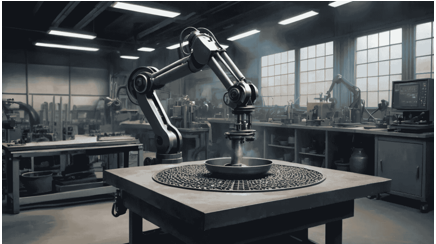
Bilal Naseer, owner of a metalworking company, said sustainable materials and eco-friendly practices were changing the metal industry landscape. Although business is slow these days, we are working extensively to embrace automation in order to strengthen our operations, he added. He noted that the automation processes were very expensive in Pakistan, and the number of skilled workers available to handle any default was also low.
Scores of workshops in different countries have successfully hit the ground running by integrating robotics arms for welding processes. This integration has improved their production speed while maintaining high-quality standards. Besides, he said automated laser cutting machines were enabling the companies to process materials quickly and perfectly. Ahmed said Pakistan needed low energy-consuming technologies to tackle the power crisis, and that automation could play a vital role in this regard.
He said automation was crucial for sustainability and reducing the energy consumption. Currently, the majority of machines being used in the metal industry consume a lot of electricity. By minimizing waste during production, the companies can significantly decrease their carbon footprint. Without adopting greener manufacturing practices, we cannot survive in circumstances where climate change is hitting every segment of the society.
Credit: INP-WealthPk



